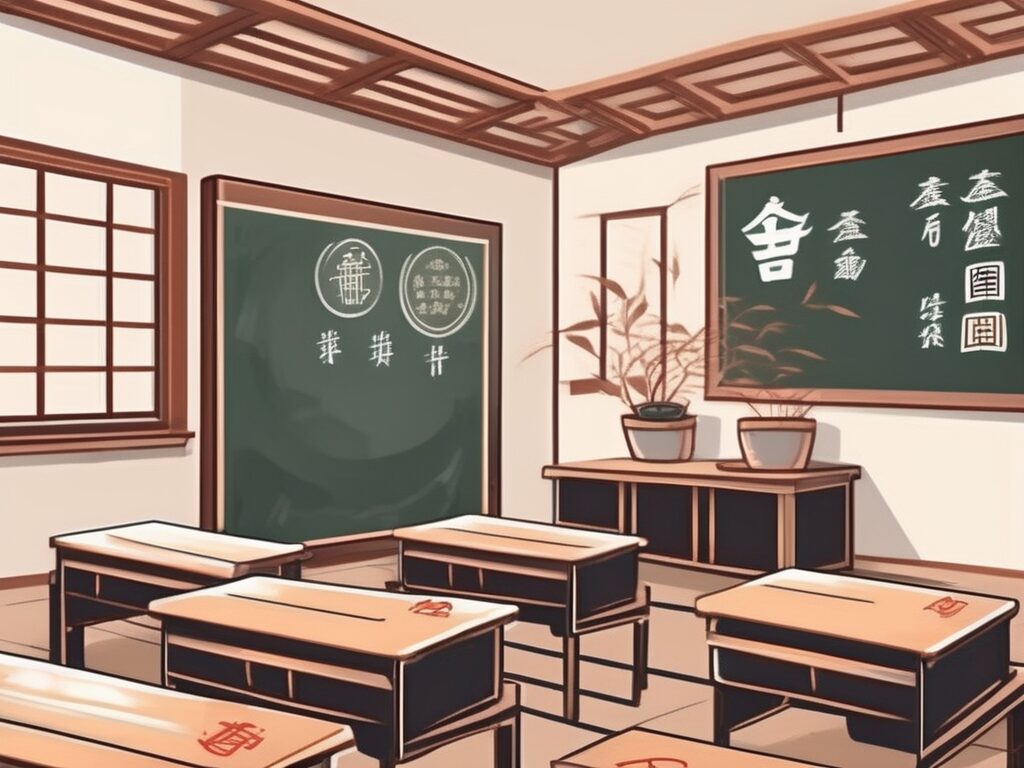In the ever-evolving world of education, collaborative teaching has emerged as a powerful approach to enhance learning outcomes. Particularly in China, where the education system is undergoing significant transformation, educators with a Master’s in Education are pioneering this approach to foster a more inclusive and interactive learning environment. This article delves into five effective strategies for implementing collaborative teaching in the Chinese context.
1. Co-Planning
Understanding Co-Planning
Co-planning, as the name suggests, involves two or more educators working together to plan lessons, activities, and assessments. This approach allows for a more diverse range of ideas and strategies, thereby enriching the learning experience for students.
Implementing Co-Planning in China
In China, where class sizes can often be large, co-planning can be particularly beneficial. By pooling their expertise, educators can design lessons that cater to a broader spectrum of learning styles and abilities. It’s a bit like cooking a meal with a friend – two sets of hands can chop, stir, and taste much more efficiently than one!
2. Co-Teaching
Defining Co-Teaching
Co-teaching involves two or more educators jointly delivering instruction to a single group of students. This approach allows for more personalised attention and differentiated instruction, enhancing student engagement and understanding.
Co-Teaching in the Chinese Classroom
Given the emphasis on collective learning in Chinese culture, co-teaching can be a natural fit. It’s akin to a musical duet, where two musicians play together to create a harmonious melody. In the classroom, this translates to a more dynamic and engaging learning environment.
3. Collaborative Learning
Exploring Collaborative Learning
Collaborative learning involves students working together in small groups to achieve a common goal. This approach fosters critical thinking, problem-solving, and communication skills, preparing students for the collaborative nature of the modern workplace.
Collaborative Learning in China
In China, where teamwork and harmony are highly valued, collaborative learning can be particularly effective. It’s like playing a team sport, where each player has a unique role, but they all work together to win the game. In the classroom, this translates to a more active and participatory learning experience.
4. Peer Review
Unpacking Peer Review
Peer review involves students evaluating each other’s work, providing constructive feedback to enhance learning. This approach encourages reflection, self-assessment, and critical thinking, fostering a deeper understanding of the subject matter.
Peer Review in the Chinese Context
In China, where respect for others’ opinions is a cultural norm, peer review can be a powerful learning tool. It’s a bit like having a mirror that reflects not just your appearance, but also your thoughts and ideas. In the classroom, this translates to a more reflective and self-aware learning process.
5. Professional Learning Communities
Defining Professional Learning Communities
Professional Learning Communities (PLCs) involve educators collaborating to share best practices, discuss challenges, and enhance their professional development. This approach fosters a culture of continuous learning and improvement among educators.
PLCs in China
In China, where the concept of ‘lifelong learning‘ is deeply ingrained, PLCs can be a valuable resource for educators. It’s like joining a book club, where members share their insights and perspectives to enrich the reading experience. In the professional context, this translates to a more informed and effective teaching practice.
In conclusion, collaborative teaching, underpinned by a Master’s in Education, can significantly enhance the learning experience in China. By adopting strategies such as co-planning, co-teaching, collaborative learning, peer review, and PLCs, educators can foster a more inclusive, interactive, and effective learning environment. So, let’s embrace the power of collaboration and transform the future of education in China!
Advance Your Teaching Career with iQTS
As you embrace collaborative teaching strategies to revolutionize education in China, consider taking your professional development to the next level with The IQTS at UWE. Our International Qualified Teacher Status (iQTS) Programme is specifically designed to help educators like you overcome barriers to qualification, enhance career progression, connect with global professional communities, and gain a comprehensive understanding of international curricula. With our flexible online study options, you can balance your career advancement with your ongoing work commitments seamlessly. Join the ranks of satisfied educators who have seen a 45% increase in promotion rates and a 30% salary boost. Make Your Next Step towards a more impactful and fulfilling teaching journey with iQTS.

